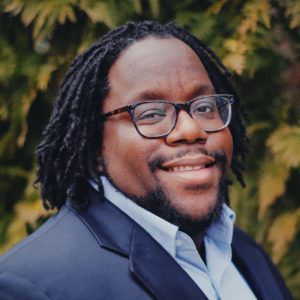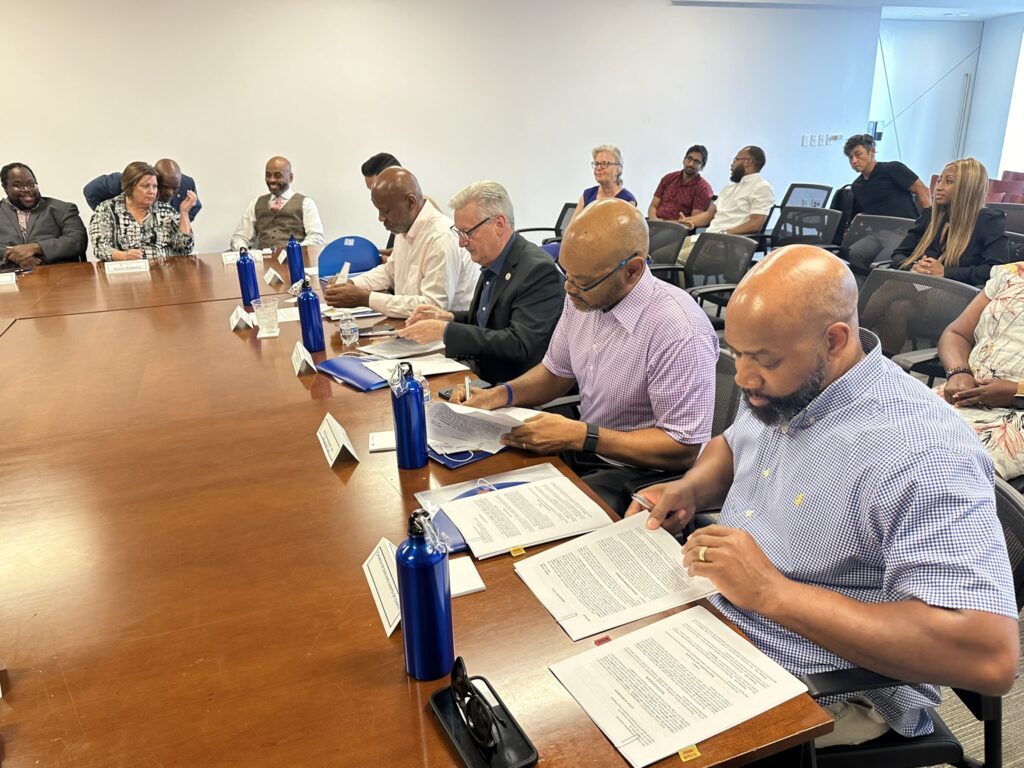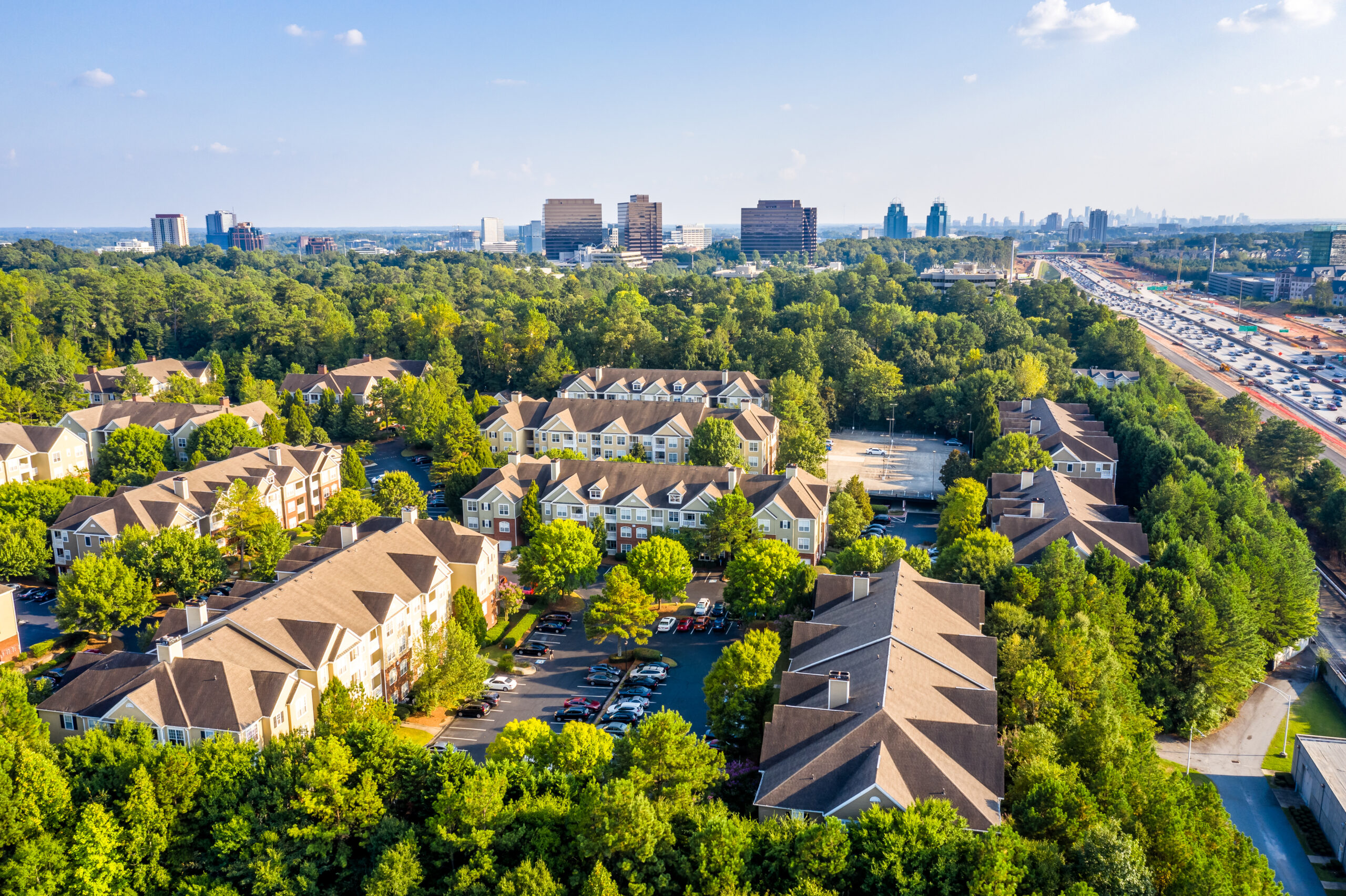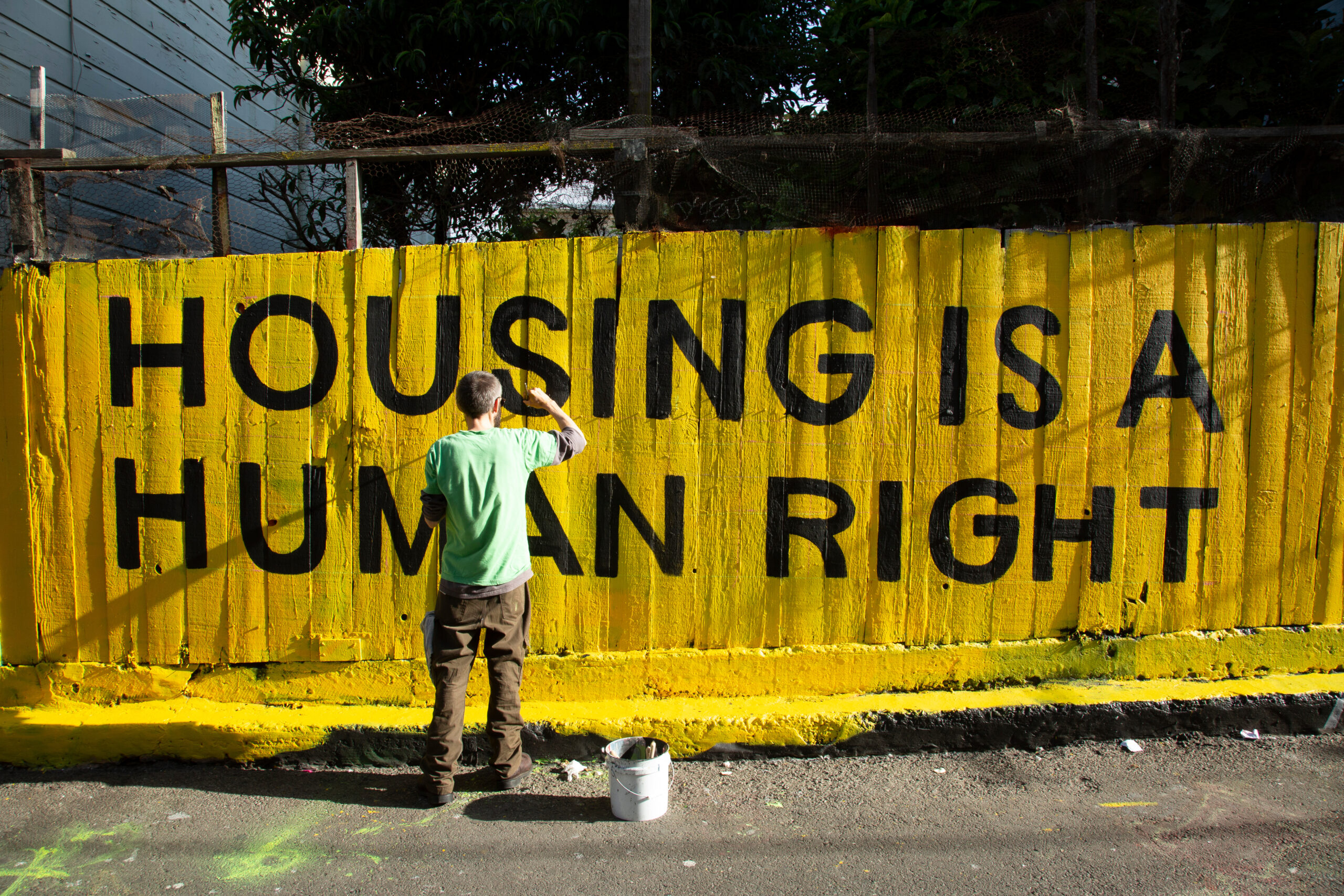
As a FUSE Executive Fellow, Wesley E. Myrick (2021-22) worked with the City of Atlanta Mayor’s Office to shape and implement critical initiatives aimed at mitigating the displacement of Black and low-income communities. He supported the launch of the Faith-Based Development Initiative that created a pipeline of community organizations seeking to leverage city, county, and state resources to accelerate their development process and meet the city’s demand for housing its legacy residents. He also bolstered public-private partnerships by creating peer-to-peer exchanges. He influenced the reform of Urban Enterprise Zone legislation and the Inclusionary Zoning Ordinance legislation, both of which address leveraging developer incentives to create diverse housing in communities experiencing economic divestment and displacement. Additionally, Myrick contributed to the City’s formation of deeper tenant protection legislation and the configuration of the City’s first affordable housing trust fund. After his fellowship, Myrick joined the City of Atlanta Mayor’s Office as a Senior Policy Analyst to continue the work he started as a FUSE Executive Fellow.
What was the impact of the FUSE fellowship on you (professionally and personally)?
The impact of the FUSE Executive Fellowship was immense for me. I came upon the Fellowship at a time in my career when I was looking for something more meaningful, and entering government allowed me to work on something that was not just meaningful but also directly impacted my community.
Professionally, I needed to do something that wasn’t just pushing paper but was more connected to people, and now I do that with the City. It was the right thing at the right time, something I didn’t know I needed.
Personally, it was an opportunity to give back to my city at a time when so many cities across the country were dealing with lots of social unrest. It allowed me to be on the inside and understand how cities engage the community, how they seek out new solutions, and how we might bring some new solutions to bear in a city like Atlanta.
What are the big challenges on which you are working now, what are you hoping to achieve in the next 6-12 months, and how has your FUSE experience prepared you to approach them?
The big challenge we’re facing now is getting projects accelerated. We’ve spent the last 2 1/2 years building trust, educating the field, and trying to document the barriers to development in our city. Now, we know the challenges and how to mitigate them — we just have to qualify agencies to get them moving. With that, we launched the pre-development forgivable loan program earlier last year, and we are getting those organizations qualified and grant dollars into their hands.
We’re excited about that, but it has been a slow process. Anytime you deal with public funds, you must follow very stringent processes. While it’s been slow, we’ve learned a lot more about what the next step in the process needs to be. For the next six to twelve months, we’re exploring how to continue to accelerate the work.
Recently, we launched our Tier Two Technical Assistance Program, which complements our existing webinar and workshop series, where we contracted third parties to work with our faith-based partners one-on-one. This work can involve visioning, community engagement, reviewing RFPs received, and hiring a trusted advisor.
One of the underlying principles the FUSE Fellowship has prepared me for is process and power mapping. Understanding the potential bottlenecks to policy implementation and the operational challenges at the City or within our sister agencies has been impactful, particularly with relationship building and identifying who I need to talk to to get things out the door, and qualifying agencies in a way that’s meaningful because each agency has its respective implementation process. So, while a lot of policy work comes out of the City, it is implemented by departments or other sister agencies in the space, which all have different practices, policies, and procedures that we must navigate. The FUSE Fellowship prepared me for all of this. I was process mapping on Day One and continue to do so today.
Related work and news:
Faith-Based Initiative Micro Loan Program: Invest Atlanta Closes on Faith-Based Micro Loans
Self-authored essay: Religion, Property Law, and the Crisis of Houses of Worship




